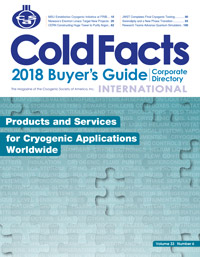John Armitage Awarded OBE
W. John Armitage named Officer of the British Empire (OBE)
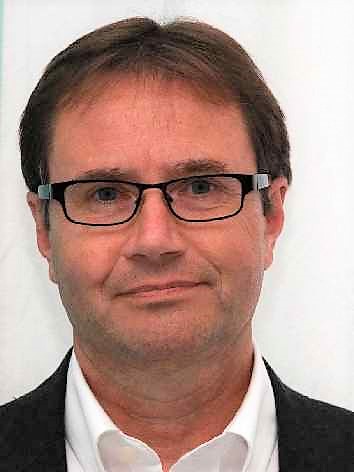 Prof. W. John Armitage has recently been awarded an OBE for services to corneal transplantation in the Queen's New Year Honours list.
Prof. W. John Armitage has recently been awarded an OBE for services to corneal transplantation in the Queen's New Year Honours list.
John is the Head of Research and Development for Ocular Tissue, NHS Blood and Transplant, Emeritus Professor, Bristol Medical School, University of Bristol, and former Director of Bristol Tissue Bank, which comprised the Bristol Eye Bank and Bristol Heart Valve Bank.
John completed his PhD in cardiac cryopreservation and research posts in Cambridge, UK and Oak Ridge National Laboratory, USA, before joining the Department of Opthamology in Bristol, UK, where he set up the Bristol Eye Bank to carry out research into corneal preservation.
The Bristol Eye Bank, one of the largest eye banks in Europe, is home to the UK's Corneal Transplant Service (CTS), which provides corneas to hospitals across the UK. Since 1986 the CTS has provided corneal transplants for over 70,000 patients through the UK's National Health Service (NHS). Although funded by the NHS, management of the eye bank remained at Bristol until 2015, at which time it was transferred to the National Health Service Blood and Transplant (NHSBT), the public body overseeing all blood, organ, and tissue transplants in the UK.
One of the major breakthroughs of the CTS was the introduction of 34°C (93°F) organ culture storage, which extended the life of transplants from a few days, to approximately four weeks. This transformed the face of corneal transplantation in the UK by improving logistics and supply, allowing transplants to be scheduled weeks in advance, as opposed to emergency surgery.
Speaking of his award, John said, "I am delighted to have my work recognised in this way, which also reflects the significant impact of the work of the Bristol Eye Bank and acknowledges the collective effort of NHS Blood and Transplant (NHSBT) and Bristol University staff, ophthalmology colleagues in Bristol Eye Hospital and hospitals throughout the UK, and the support of the Royal College of Ophthalmologists. However, above all, it is the thoughtfulness and generosity of the families of eye donors, without whom corneal transplantation would not be possible, that truly merit the thanks of patients and their doctors."
John is the current President of the European Eye Bank Association, of which he was a founding member, Associate Editor of Cryobiology, and a long time member and former Governor of the Society for Cryobiology.


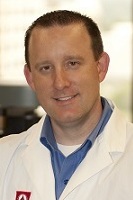 Dr. Jason Acker is a Senior Research Scientist with the Canadian Blood Services and a Professor in the Department of Laboratory Medicine and Pathology at the University of Alberta, Edmonton, Canada. He received his Bachelor of Science, Master of Science in Experimental Pathology and PhD in Medical Sciences degrees from the University of Alberta. In 2000, Dr. Acker completed a Canadian Institutes of Health Research Post-Doctoral Fellowship at the Massachusetts General Hospital and Harvard Medical School. Dr. Acker received a Master of Business Administration in Technology Commercialization program from the Alberta School of Business at the University of Alberta in 2009.
Dr. Jason Acker is a Senior Research Scientist with the Canadian Blood Services and a Professor in the Department of Laboratory Medicine and Pathology at the University of Alberta, Edmonton, Canada. He received his Bachelor of Science, Master of Science in Experimental Pathology and PhD in Medical Sciences degrees from the University of Alberta. In 2000, Dr. Acker completed a Canadian Institutes of Health Research Post-Doctoral Fellowship at the Massachusetts General Hospital and Harvard Medical School. Dr. Acker received a Master of Business Administration in Technology Commercialization program from the Alberta School of Business at the University of Alberta in 2009. 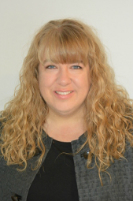
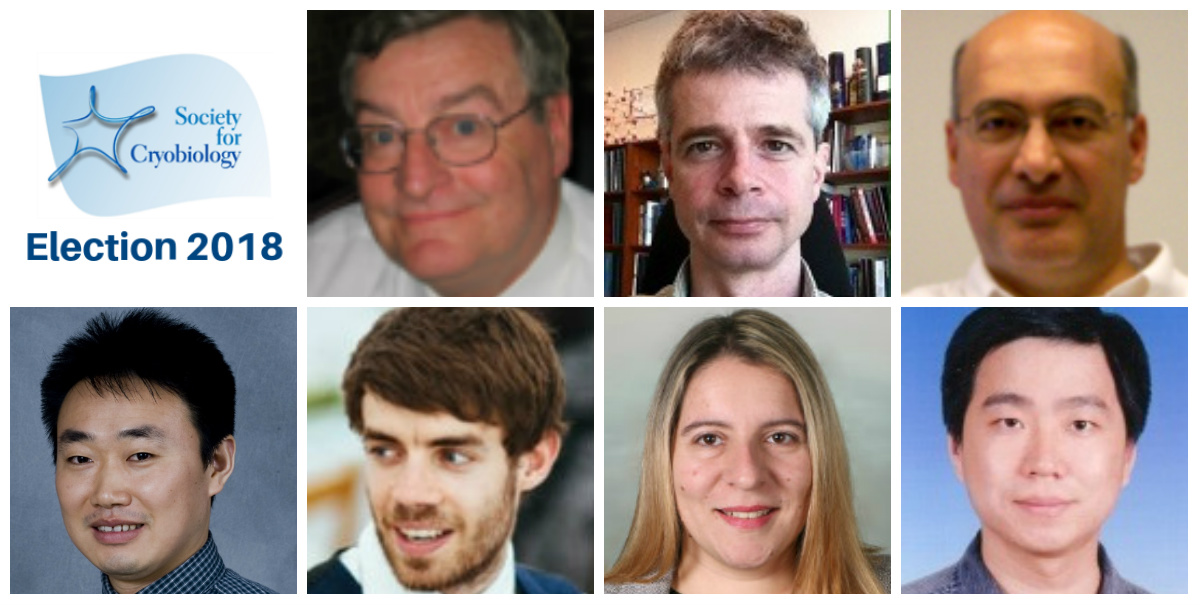

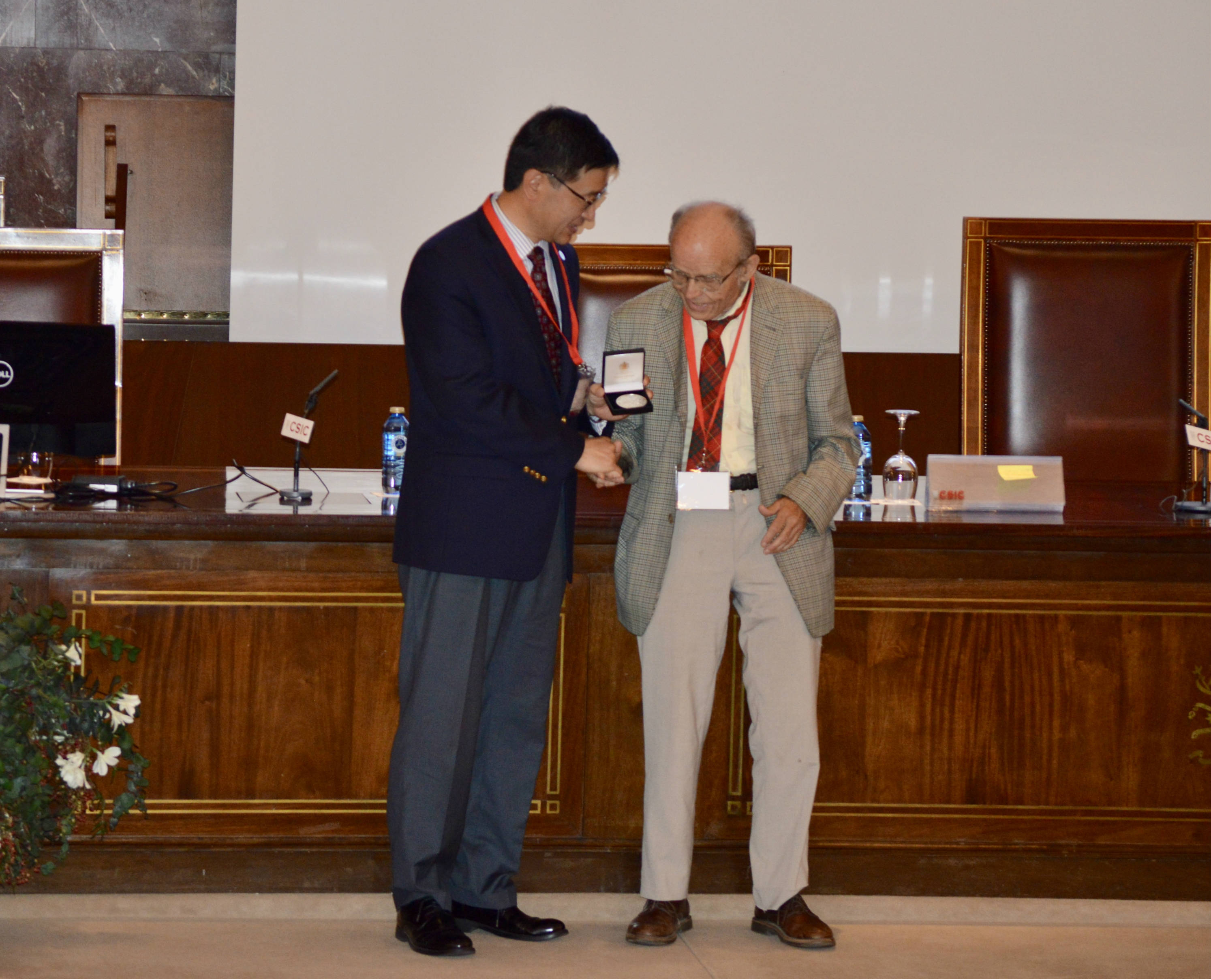


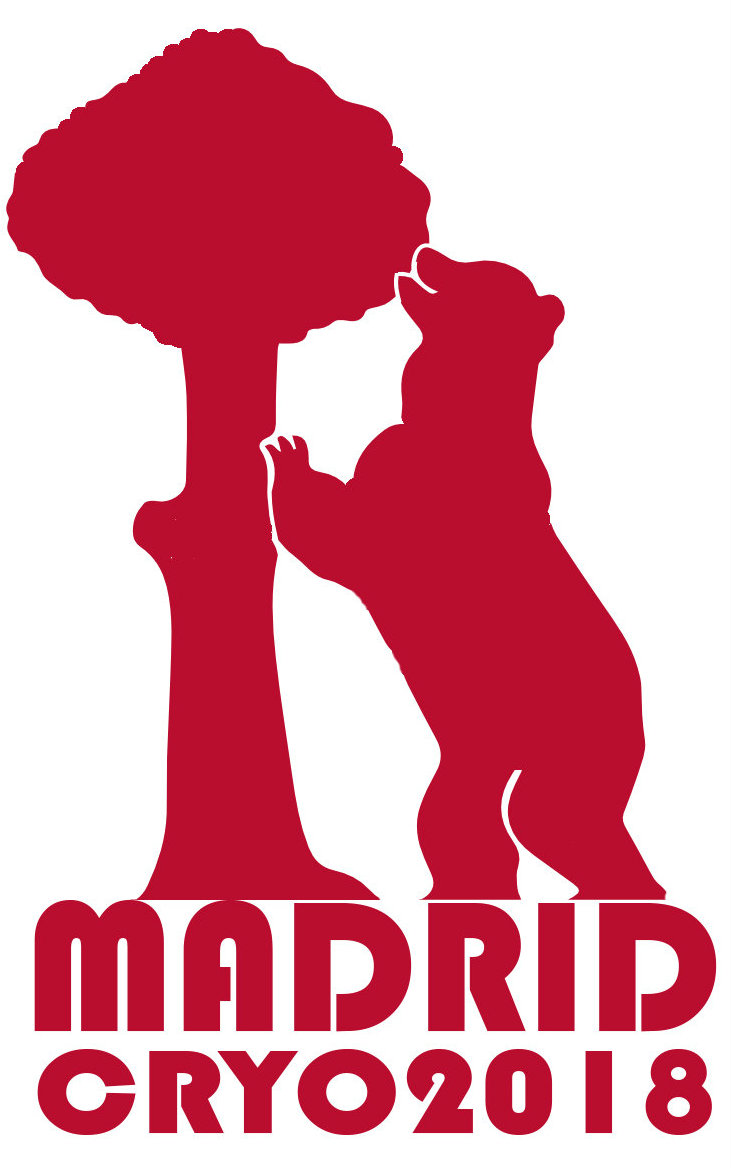
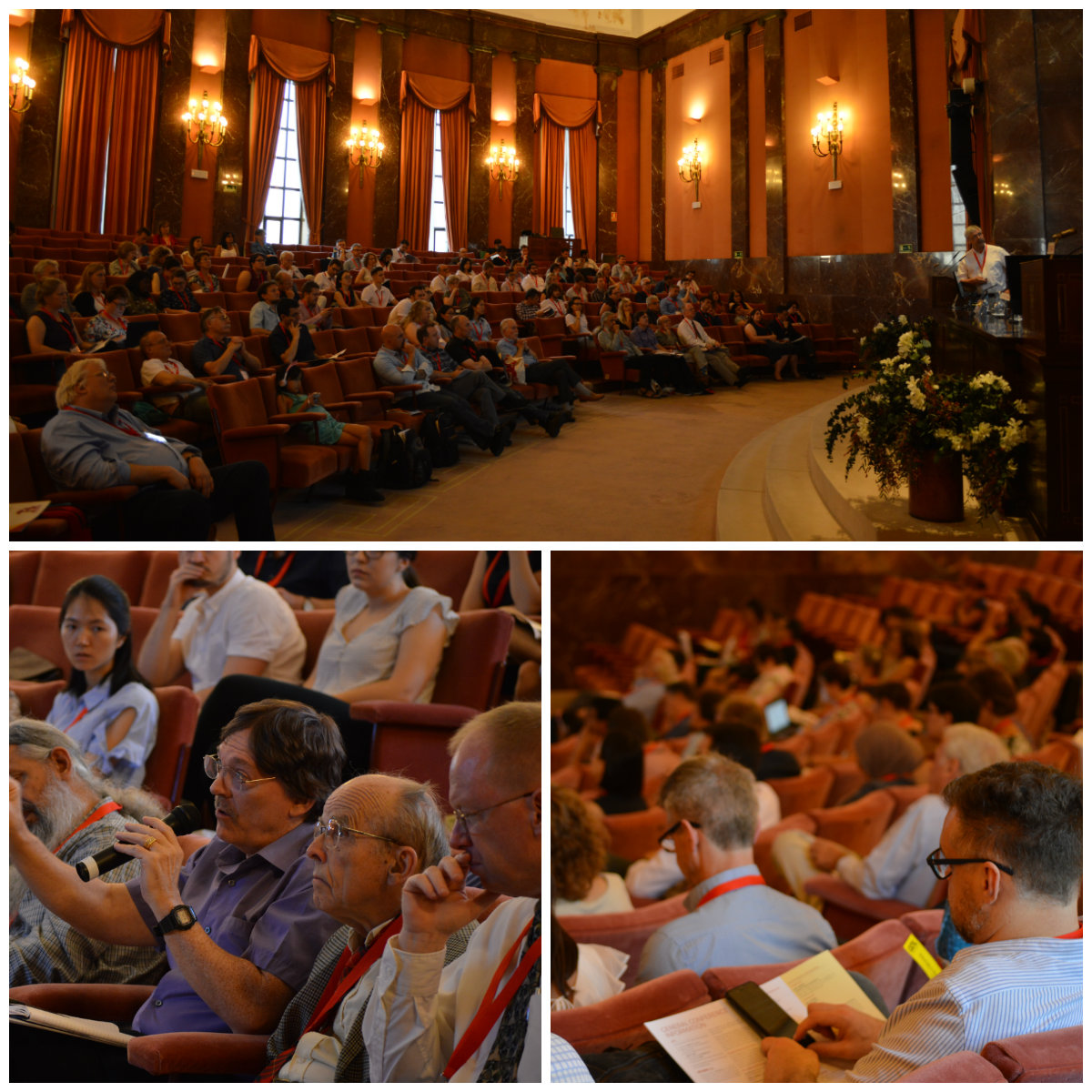

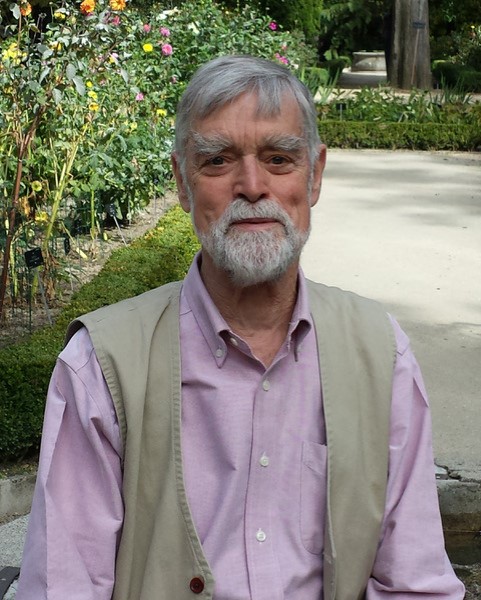 The Society for Cryobiology was saddened to hear of the recent passing of Dr. Alan P. MacKenzie, President of the Society for Cryobiology 1977-1978. Dr. MacKenzie was a lifelong supporter and member of the Society, joining in the Society's founding year - 1964, and continuing his affiliation with the Society throughout his lifetime.
The Society for Cryobiology was saddened to hear of the recent passing of Dr. Alan P. MacKenzie, President of the Society for Cryobiology 1977-1978. Dr. MacKenzie was a lifelong supporter and member of the Society, joining in the Society's founding year - 1964, and continuing his affiliation with the Society throughout his lifetime. 